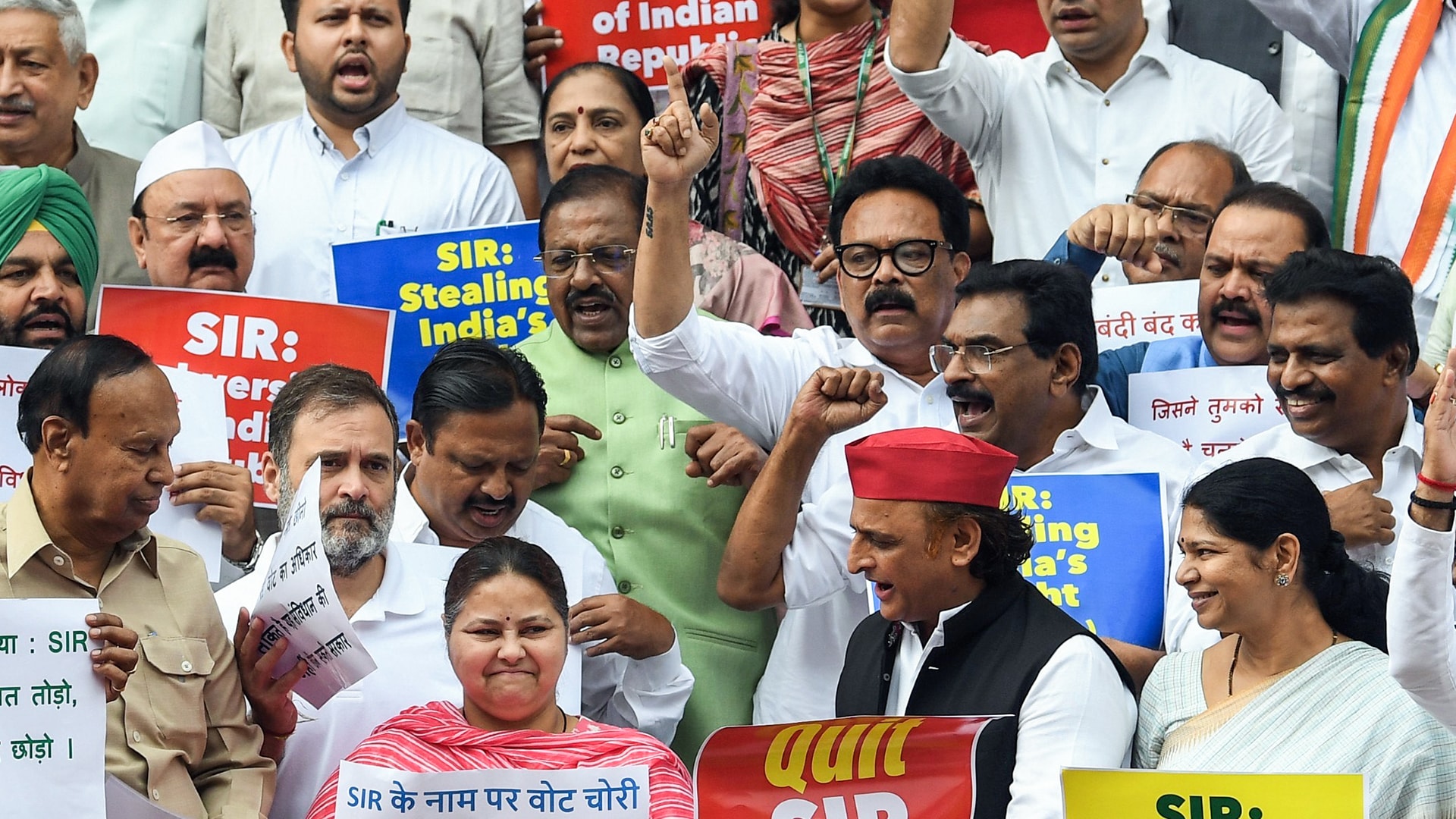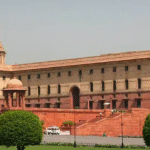Bihar Voter List Revision
Bihar Voter List Revision: Massive protests erupted in the Bihar Assembly as the opposition questioned the Election Commission’s move to use Aadhaar data for electoral roll revisions. Tejashwi Yadav slammed the poll body, calling it “shameless,” while the Commission defended the process, citing transparency and legal provisions.

Image: NDTV
Opposition Alleges Voter Suppression Over Aadhaar Link
Tensions soared in the Bihar Assembly as opposition leaders strongly opposed the Election Commission’s decision to revise the voter list using Aadhaar data. RJD leader Tejashwi Yadav led the protest, accusing the Commission of targeting poor and marginalized communities. He claimed that this move would result in voter suppression before the upcoming elections.
Yadav described the Commission as “shameless” and questioned its intent. He argued that linking Aadhaar with voter IDs may violate privacy and remove eligible voters from the list.
Election Commission Justifies Voter Roll Cleanup
In response, the Election Commission explained that the update followed amendments made under the Election Laws (Amendment) Act, 2021. Officials said that linking Aadhaar is optional and only aims to eliminate duplicate or fake entries.
An official from the Commission said, “Our goal is to create clean and accurate electoral rolls. No voter will be removed just for not linking Aadhaar.”
Political Battle Ahead of Elections
The issue has deepened the political divide in the state. While the ruling alliance backed the Commission’s stance, the opposition called it a planned strategy to rig the vote. They believe many voters—especially those in rural and tribal areas—don’t have valid Aadhaar cards or face frequent documentation errors.
As the elections approach, this issue may become a central topic in political campaigns and debates.
Read More..- TTD Releases Tirumala Darshan & Room Booking Dates for October 2025
Broader Implications for Electoral Reforms
This incident brings into focus the broader debate about the use of technology in electoral reforms. While digitization can lead to greater efficiency and accuracy, it also raises concerns about data privacy, surveillance, and accessibility for disadvantaged communities.
The Supreme Court has previously ruled that Aadhaar cannot be made mandatory for voting, which further complicates the legal terrain of this issue.














